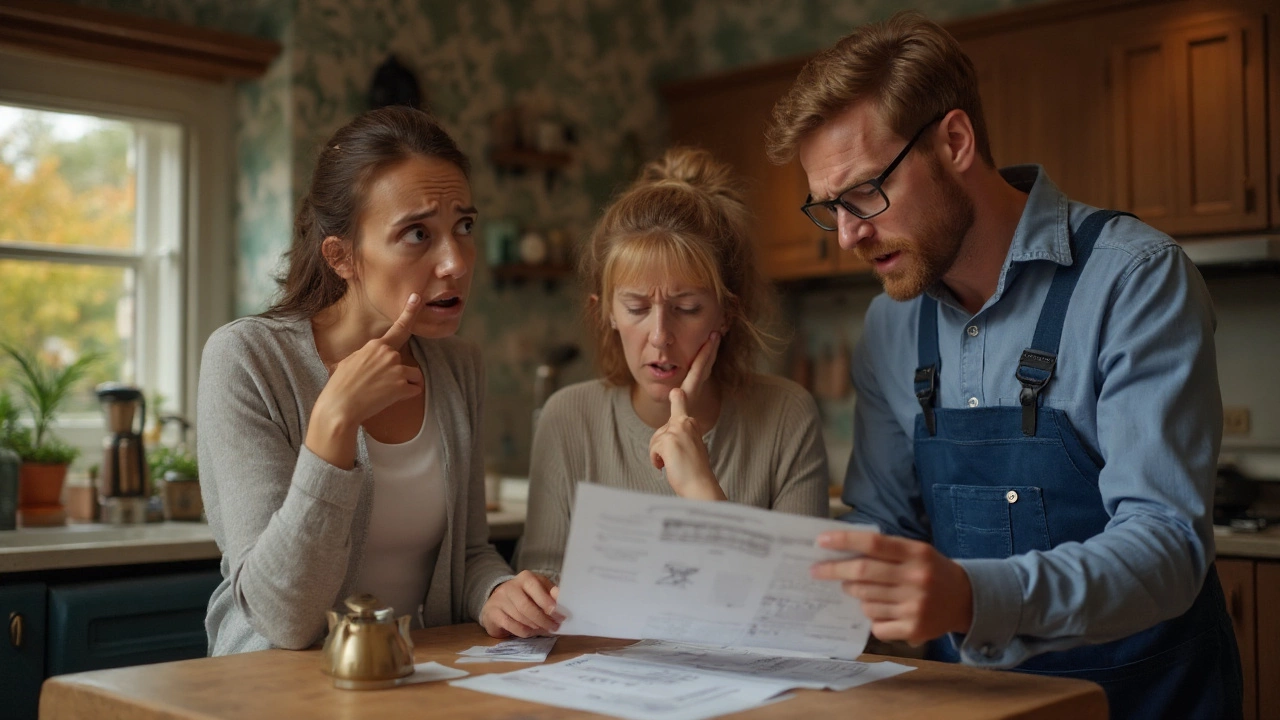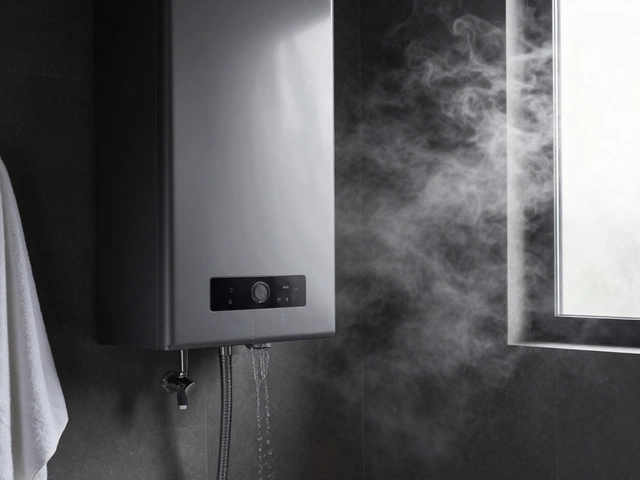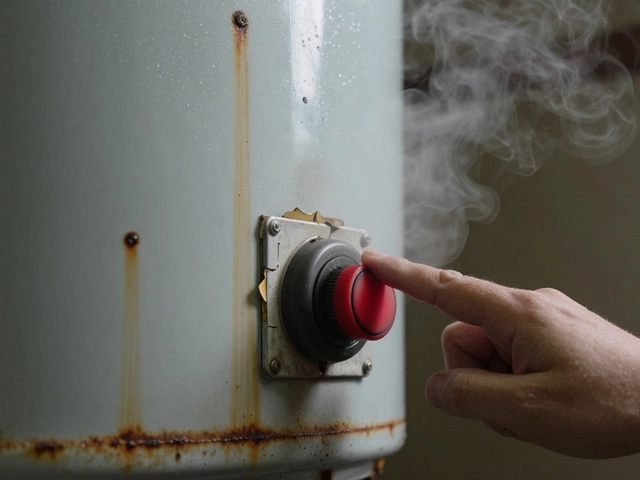Boiler Price Factors: How to Understand What You’ll Pay
When you start looking at a new boiler, the price tag can feel like a surprise. Is it the brand, the size, or the fact that it runs on gas instead of oil? The truth is, many things stack up to form the final number. Knowing those pieces helps you budget better and avoid hidden fees.
Type of Boiler and Fuel Source
Combi, system, and regular (heat‑only) boilers each have a different price range. A combi unit does hot water on demand, so you’ll typically pay more for the extra technology. Gas boilers are usually cheaper than oil or electric models because the parts are mass‑produced and the fuel is cheaper in most areas.
Size, Capacity, and Home Requirements
The bigger your home, the larger the boiler you need. A 24kW unit for a small flat costs far less than a 35kW model for a five‑bedroom house. Look at the BTU rating or kilowatt output that matches your heating demand – oversizing leads to wasted money, while undersizing means you’ll be uncomfortable.
Brand reputation adds another layer. Well‑known names like Worcester, Vaillant, or Viessmann often carry a premium, but they also come with reliable warranties and easier service. Lesser‑known brands can be a bargain, but you’ll need to check reviews and warranty terms carefully.
Efficiency ratings matter too. An A‑rated boiler may cost a bit more upfront, but it can save you up to 20% on energy bills over its life. The government’s Smart Export Guarantee and other incentives sometimes offset that initial bump.
Installation complexity is a hidden cost many overlook. If your current system sits in a tight cupboard or requires new pipework, labour charges can rise dramatically. Some installers charge a flat rate, while others bill by the hour. Ask for a detailed quote that lists every step – from removing the old unit to testing the new one.
Location influences price as well. In rural areas, travel time for the engineer adds a surcharge. If your home has limited access for a crane or requires a scaffold, expect an extra fee. It’s worth getting a few local quotes to see how geography plays a role.
Additional components such as a new thermostat, expansion vessel, or flue kit can push the total higher. Even a simple control panel upgrade from a basic dial to a smart Wi‑Fi system adds cost, but it may bring convenience and future‑proofing.
Finally, consider the warranty and service plan. A three‑year warranty might be standard, but extending it to five or ten years costs more. Some companies bundle an annual service into the price, which can be a smart way to lock in maintenance and avoid surprise repairs later.
Bottom line: the price of a boiler isn’t just the metal and gas‑burner inside. It’s a mix of type, size, brand, efficiency, installation challenges, location, and extra parts. By breaking each factor down, you can spot where you can save – perhaps by choosing a slightly lower‑rated brand, simplifying pipework, or taking advantage of a government rebate. Armed with this knowledge, you’ll walk into any quote feeling confident you’re getting a fair deal.
Why Boiler Replacement Costs Are So High: Breaking Down the Price of a New Home Boiler
- Alden Wilder
- Aug 6 2025
- 0 Comments
Wondering why replacing your boiler costs a small fortune? Get the details on boiler replacement costs, what drives prices up, and expert tips to save.
View More

